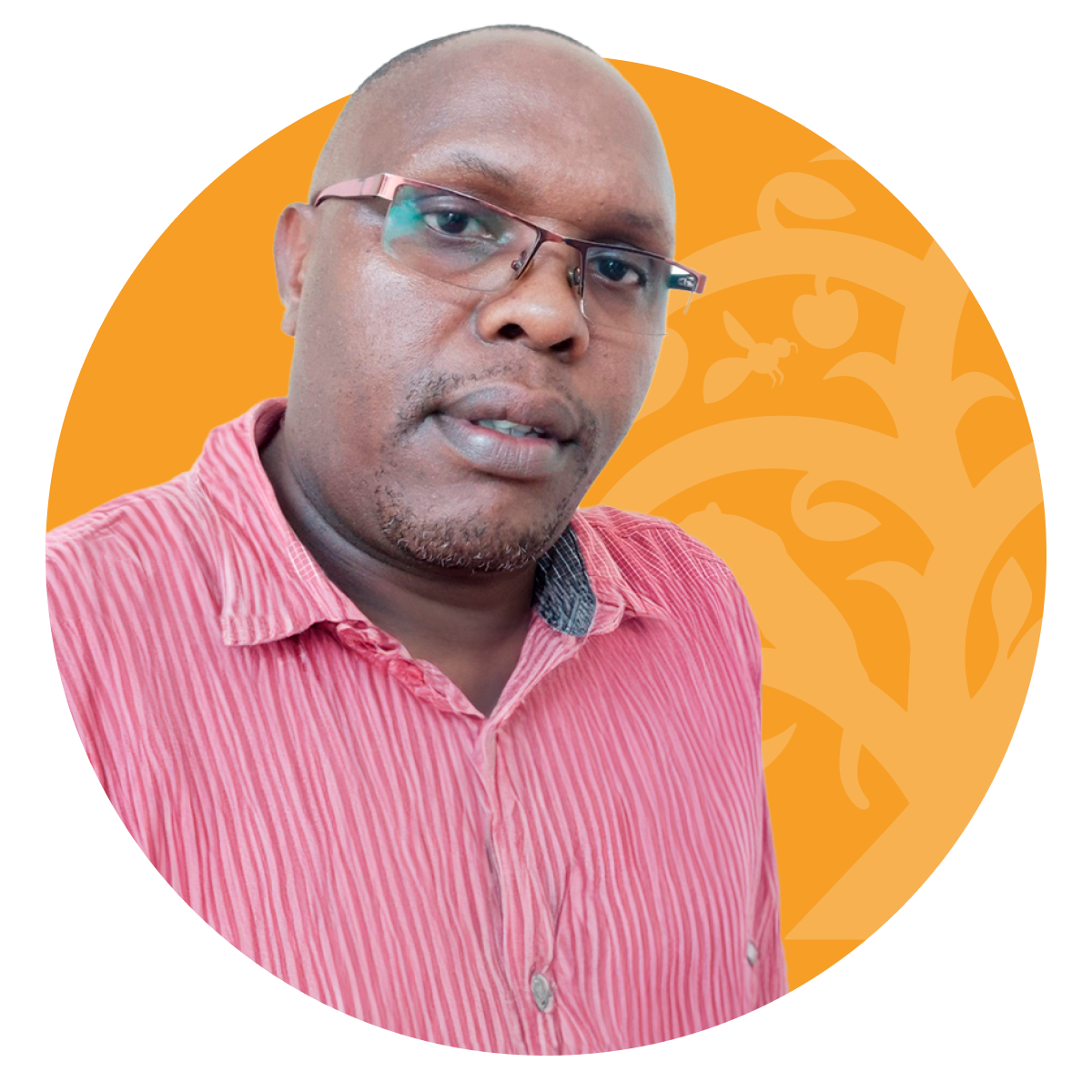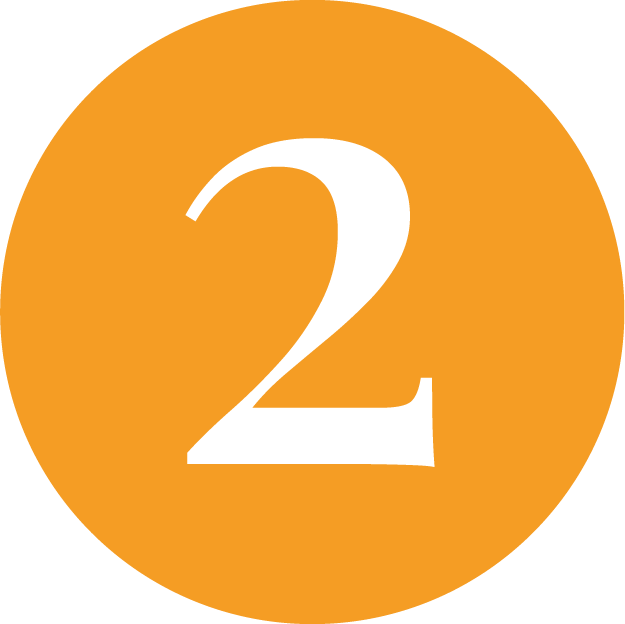Search Green Earth
-
Services
-
Products
-
Nature-based solutions
-
Stakeholders
-
How it works
-
Green Earth
-
Investor information
-
Group services
-
Insights
-
Sessions & Guides
Search Green Earth
It looks like you’re browsing from Netherlands. Click here to switch to the Dutch →
x
LATEST ARTICLE
Emissions accounting without an ESG team: achieving the best of both worlds for SMEs Read Article



.png?width=1200&height=700&name=Kenya%20Honey%20Bees%20Project_saving%20our%20ecosystem%20(1).png)
.webp?width=1000&height=667&name=Kenya%20Honey%20Bees%20Project_fact%20sheet%20(3).webp)












